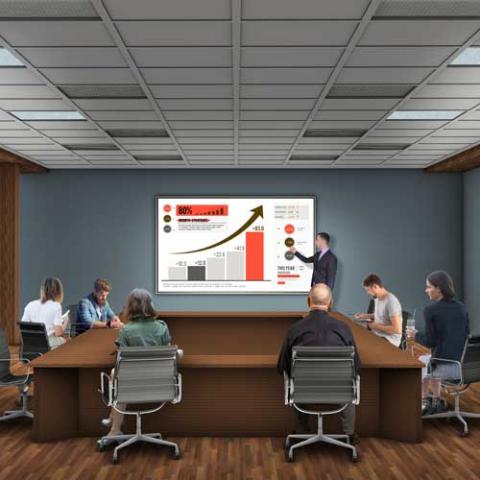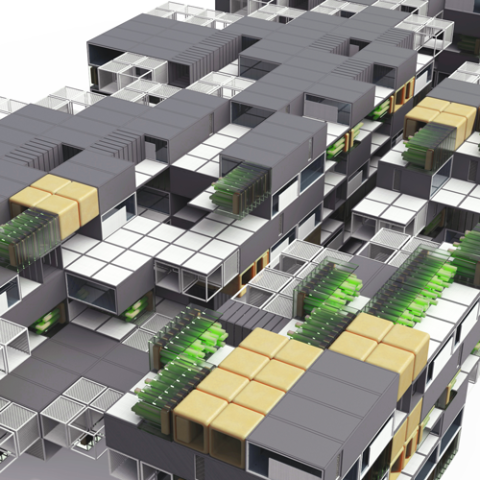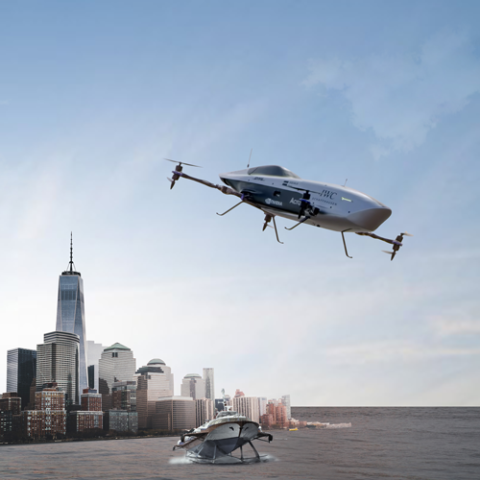Research

The natural evolution of the smart building is toward sentience, where the building can understand how its hardware systems interact with its occupants in a way that maximizes human wellness and productivity while maintaining optimal building systems operation and reducing the building’s carbon footprint. Ultimately, EBESS sees these buildings as critical building blocks of future smart urban systems, where networks of buildings interact with each other, urban services, and the population to optimize safety, energy use, and opportunity.

EBESS pursues innovations that reconceptualize the physical systems of the built environment, together with the processes by which these systems are delivered and the ways environments of the future interact with individuals, organizations, and societies. Research focuses on buildings, cities, and transportation networks as multi-scalar, cyber-physical systems, where digital data, simulation, manufacturing, delivery, and operations are conceptualized as seamlessly integrated physical, digital, energy, process, and human systems. Key research areas include:

The sustainable future of humanity is predicated on a more sensitive and holistic approach to the relationships between natural, human, and artificial systems. EBESS pursues research that integrates physical, data, and reasoning systems with biological phenomena to develop healthier, sustainable and resilient solutions to both natural and built environments. Key research includes:

As networks of smart sensors and connected, smart buildings evolve, a broader integration with a range of social networks, transportation, public safety, supply chain management, data communications, and energy networks will need to evolve. EBESS is working with its broad set of academic and public sector experts to help define how to ensure secure, inclusive access to evolving smart city services and stable, optimized urban operations with minimal negative social, environmental, or climate impacts.

